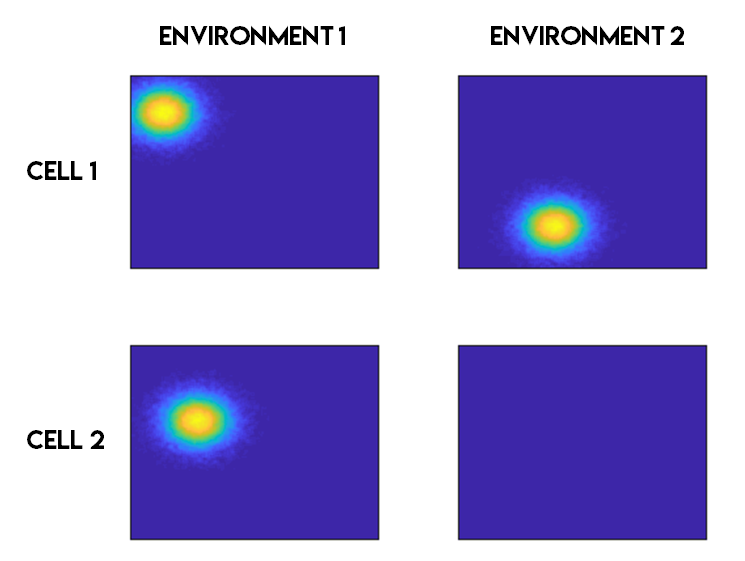Normative Modelling and Network Reconstruction Techniques for Studying Compositional Generalization in Spatial Cells of the Hippocampal Formation
Mikkel Elle Lepperød (Researcher, Cinpla Group, Fyhn Group, FYSCELL, IBV)
Compositional generalization, the ability to understand and apply learned knowledge to novel combinations of known components, is believed to be an important factor separating human and machine intelligence. We explore this phenomenon through the lens of remapping spatial cells in the hippocampal formation of the rodent brain, specifically grid cells, place cells, and border cells. These cells, implicated in spatial navigation and memory, exhibit dynamic remapping in response to environmental changes, providing a unique platform for investigating compositional generalization. We employ normative modeling, a theoretical approach that formulates optimal solutions to a given problem, to understand the underlying principles of spatial cell remapping. This approach allows us to predict how these cells should ideally respond to environmental changes, providing a benchmark against which to compare actual cell behavior. In addition, we are developing network reconstruction techniques to analyze the complex interconnections between these spatial cells. This approach can enable an understanding of the network dynamics that underlie the process of remapping and its role in compositional generalization. Our findings offer insights into the mechanisms that might underlie compositional generalization in the hippocampal formation, with potential implications for understanding cognitive flexibility and adaptability. Our long-term goal is to inform the development of artificial intelligence systems that mimic the brain's ability to generalize from known to novel situations, a key challenge in the field.
